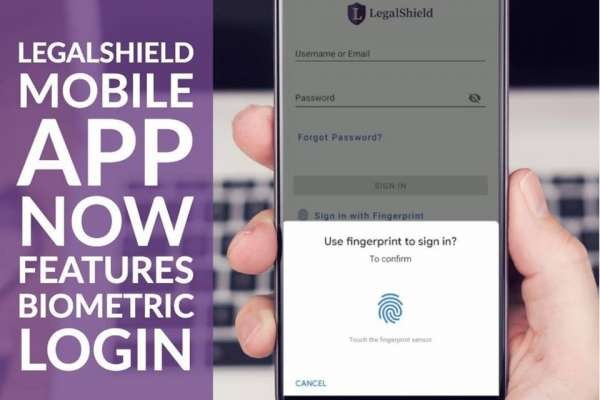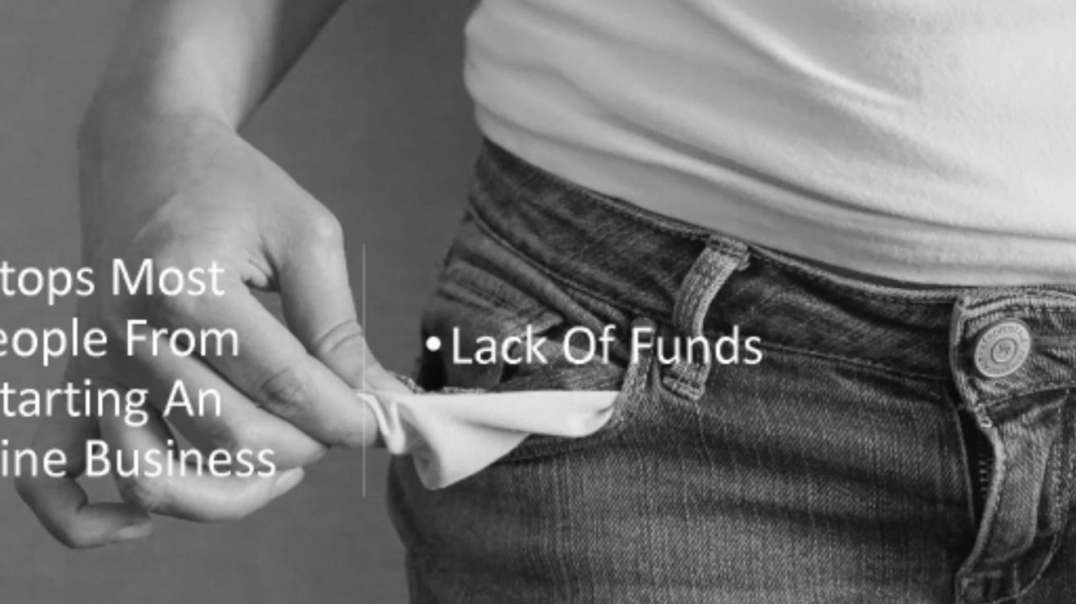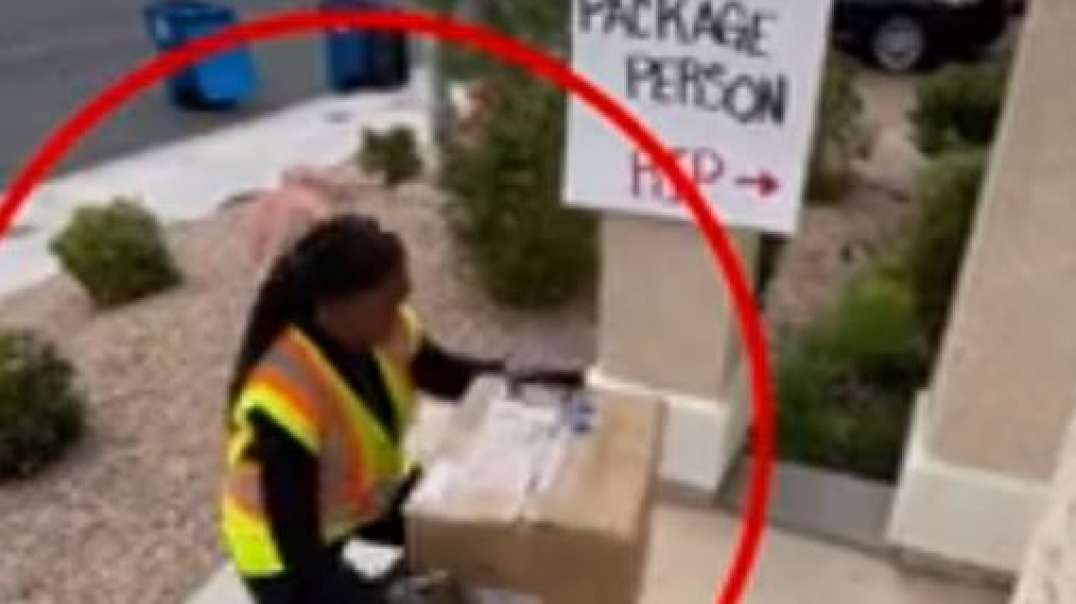EasyWebinar ( TeamDestiny Opp Rotator free wi-fi is secure to use if ) 5 March 2023 Justin & Shocking Truth Video Opportunity Ready forLess Stress
Explore the dangers of public Wi-Fi and how to stay safe while using it.
We'll provide practical tips to help protect your personal information and prevent cybercriminals from stealing your data.
Are you one of those people who can't resist the lure of free Wi-Fi in public places like cafes, airports, or hotels?
While using public Wi-Fi may seem like a convenient way to stay connected, it also poses significant security risks that could compromise your personal information.
Cybercriminals can easily intercept your data and steal your passwords, credit card numbers, and other sensitive information.
I am sure you have questions like is it safe to use unsecured wifi in hotels, using banking app on public wifi, questions if is it safe to check email on public wifi or free wi-fi is secure to use if traveling?
Is important to how to stay safe on public wifi, know the risks of using public wifi, and is it safe to use unsecured wifi in hotels, and keep your system safe
10 Dangers of Public Wi-Fi Networks (and How To Avoid Them)
- Identity theft via online victim profiling.
- Infecting your device with malware.
- Stealing your passwords.
- Snooping for confidential data.
- Business Email Compromise.
- Ransomware attacks.
- Session hijacking.
- Taking over your online accounts.
But don't worry!
With some simple precautions, you can protect yourself and your data from potential cyber threats.
Here are some tips to help you stay safe on public Wi-Fi:
- Avoid accessing sensitive information: When using public Wi-Fi, avoid accessing sensitive information like your bank account or credit card details, medical records, or confidential work documents. If you need to access these types of information, use a secure network or a Virtual Private Network (VPN).
- Use secure websites: Always use secure websites (HTTPS) when entering passwords, credit card information, or other sensitive data. Secure websites encrypt your data, making it difficult for hackers to intercept or steal.
- Turn off automatic Wi-Fi connections: Many smartphones and devices have a feature that automatically connects to available Wi-Fi networks. This may sound convenient, but it can also put your device at risk. Turn off this feature and manually select the Wi-Fi network you want to connect to.
- Use a VPN: A Virtual Private Network (VPN) creates a secure, encrypted connection between your device and the internet. This protects your data from potential cyber threats and prevents hackers from accessing your personal information.
- Keep your device up to date: Make sure your device's operating system, apps, and antivirus software are up to date. This will help to keep your device protected against the latest security threats.
- Use two-factor authentication: Two-factor authentication adds an extra layer of security to your online accounts by requiring you to enter a unique code, in addition to your password. This makes it much harder for hackers to access your accounts, even if they manage to steal your password.
- Avoid public file sharing: When using public Wi-Fi, avoid using file-sharing apps or services. This makes it easier for cybercriminals to access your device and steal your data.
By following these tips, you can enjoy the convenience of public Wi-Fi without compromising your security.
But if you're still concerned about your online safety, consider using a legal protection plan or legal services.
With access to top-rated attorneys across the US and Canada, you can sleep a little better at night knowing you have legal support when you need it.
If you could pick up the phone, call your attorney, ask any legal questions and the advice you need, and not worry about a bill, would you?
If the answer is yes, then please attend our short, risk-free webinar to learn more.
In conclusion, public Wi-Fi can be a convenient way to access the internet, but it’s also a potential security risk.
By taking the necessary precautions and using a legal protection plan or legal services, you can stay safe and protect your rights. View Webinar
Don’t let the risks of public Wi-Fi keep you from enjoying the benefits of the internet – take action today to protect yourself and stay safe online.
Thanks for view my post, "Do not Let Public Wi-Fi Steal Your Data! Safe with These Tips."
Be sure to sign up for additional newsletters and information.
Lets have a virtual coffee to see how we can help each other out.
Looking for associates who want to join our mission and earn extra income.
Disclaimer: The information you obtain at this site is not, nor is it intended to be, legal advice. You should consult an attorney for advice regarding your individual situation. We invite you to contact us and welcome your calls, letters, and electronic mail. Contacting us does not create an attorney-client relationship as we are NOT ATTORNEYS. Rather, we are a legal protection service plan consultant. Please do not send any confidential information to us until such time as an attorney-client relationship has been established.









No Comments